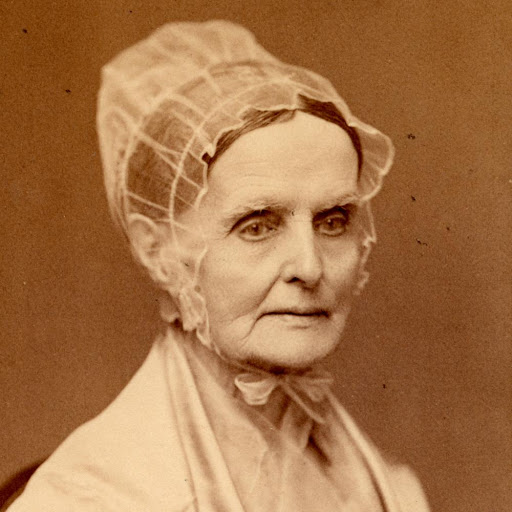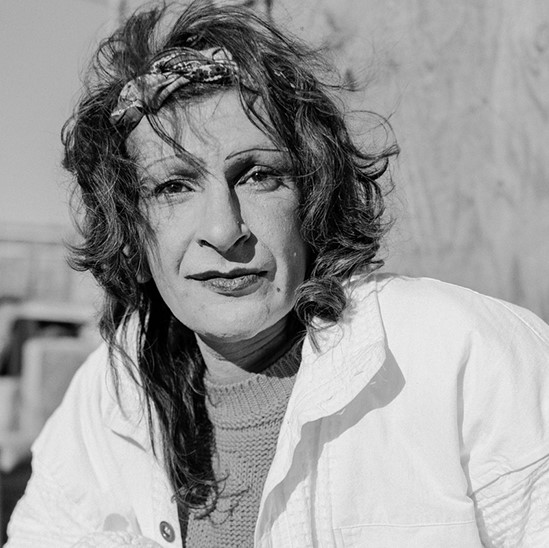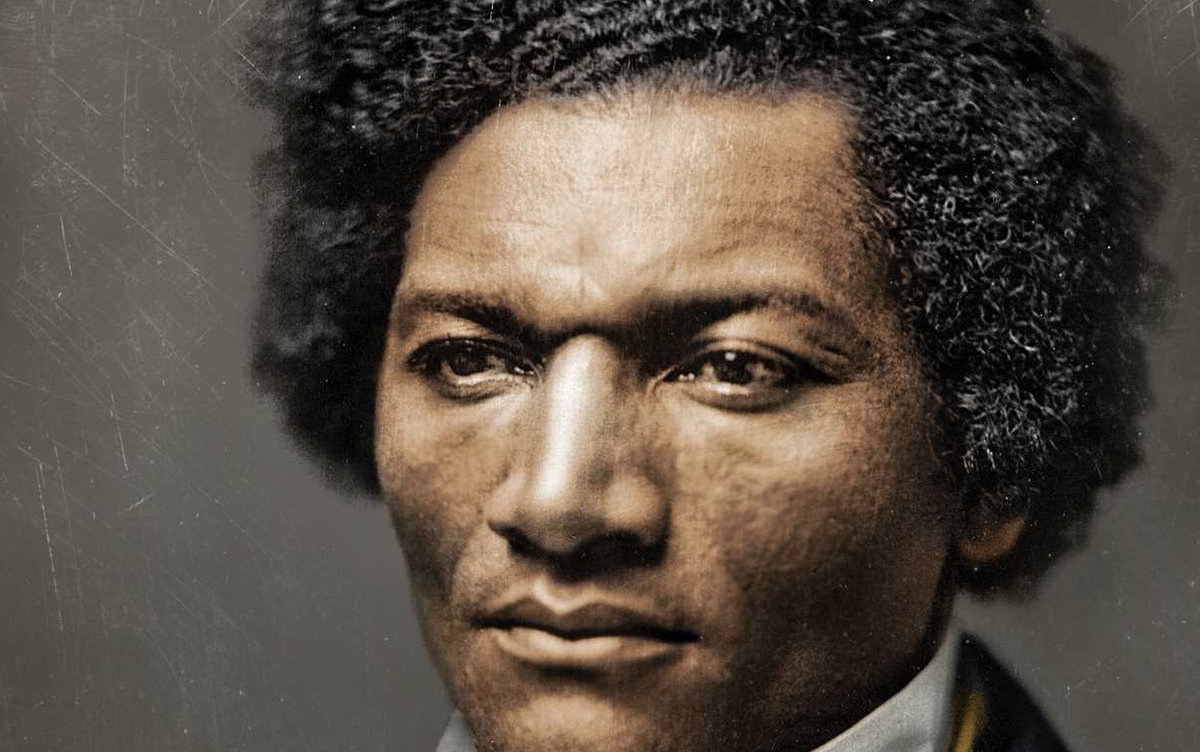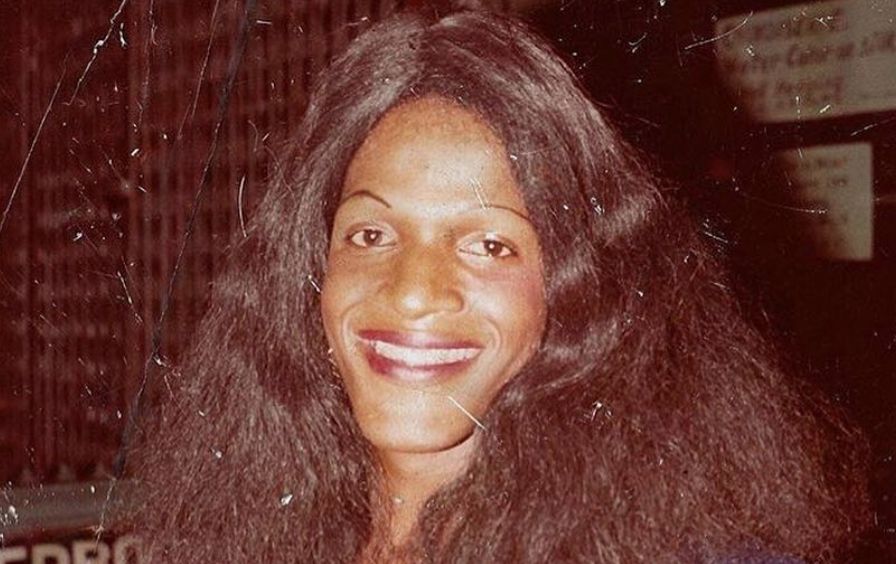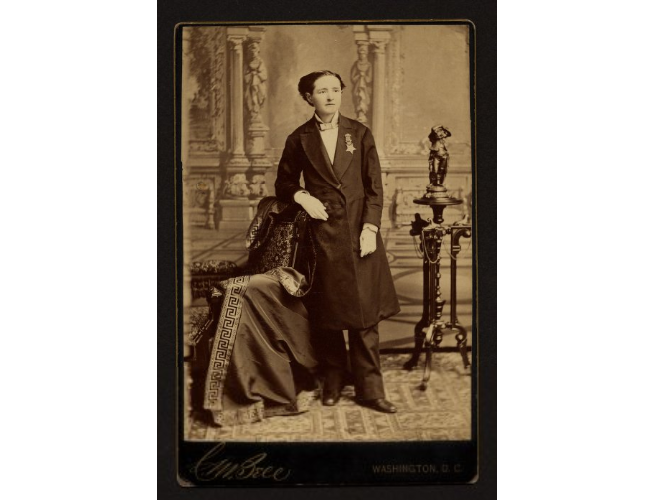
We gotta talk about lesbians. Specifically, about lesbian erasure.
Queer is cool, right? It’s 2020! 🏳️🌈🏳️⚧️etc., etc. So why is the lesbian reality of the suffrage movement barely part of the #19thAmendment centennial conversation?
A thread.
Queer is cool, right? It’s 2020! 🏳️🌈🏳️⚧️etc., etc. So why is the lesbian reality of the suffrage movement barely part of the #19thAmendment centennial conversation?
A thread.
The movement for women’s liberation was run largely by unmarried women - some never married, some widowed.
Why? Because marriage was a prison for women, legally and socially. Unmarried women were exponentially freer to do the work of organizing and building a national movement.
Why? Because marriage was a prison for women, legally and socially. Unmarried women were exponentially freer to do the work of organizing and building a national movement.
Long-married leaders who raised multiple children - ElizCadyStanton, IdaBWells - are outliers in the suffrage pantheon. Most of the women who led the movement didn’t marry, didn’t have children, or were widowed early.
Does that mean they were lesbians? Well, yes - many of them.
Does that mean they were lesbians? Well, yes - many of them.
First, the context: enlightened men were vanishingly rare - remember, in the 19th & early 20th centuries women were widely believed to be inferior and incapable. So a woman who wanted independence would rather not marry if she could afford it.
Also, sex.
@lillianfaderman makes the point that for women, penalties for heterosexual sex outside of marriage were extreme. So an unmarried woman who wanted an erotic life with someone besides herself was much safer finding it with women.
@lillianfaderman makes the point that for women, penalties for heterosexual sex outside of marriage were extreme. So an unmarried woman who wanted an erotic life with someone besides herself was much safer finding it with women.
These women wouldn’t have used the word lesbian. Nor would they likely have identified as “inverts”--the clinical forerunner to “homosexual.” But many lived in romantic partnerships with other women--relationships far more intimate than what we’d call “friends.”
Some receipts…
Some receipts…
Susan B Anthony’s correspondence w/Anna Dickinson is flirty & direct. “Well, Anna Darling--I do wish I could take you in these strong arms of mine this very minute” & “I cannot bear to go off without another precious look into your face--my Soul.” There's a lot more. 



It didn't last. Years later, Susan said how much she envied the committed, devoted relationship her niece Lucy had w/Anna Howard Shaw - a relationship Susan knew was an intimate one. Only in her 70s did Susan come close to finding it, w/a married Chicago woman named Emily Gross.
Susan wrote to friends of her “new lover” in Chicago--not a word she used for colleagues or admirers. Anna Shaw wrote in her diary: “I am so thankful for the new friend for Aunt Susan. How nice it is!” They were together for Susan’s last decade; Gross grieved her death deeply. 

Frances Willard preferred “Frank” w/intimates; like the others in this thread she hated "female" chores & rejected rigid gender roles as ridiculous. Ironically, her great accomplishment for suffrage was convincing conservative women that the vote would aid, not “unsex” them. 

She was so bluntly revealing about her love for the women she lived with - first Kate Jackson, then Anna Gordon - that some scholars say the relationships must have been chaste: if they were erotic she wouldn’t have revealed so much. I’m not convinced.
Anna Howard Shaw & Lucy Anthony had a pretty conventional butch/femme home: Lucy did the dishes, Anna mowed the lawn and fixed things. Anna had affairs with other women in her travels, but their partnership lasted 30 yrs. Lucy worked to memorialize her 👇
https://twitter.com/DailySuffragist/status/1252779160692498437
Unlike the women above, Carrie Chapman Catt was married twice: her 1st husband died soon after they married, her second agreed to a prenup that promised her at least ⅓ of the year away from him, working for suffrage. After he died, Catt & Mollie Hay lived together 23 years.
Catt presented a very intentional public narrative about her double widowhood, but in the movement Mollie was recognized as her spouse. When Mollie died, Catt was widowed a 3rd time. She had a heart attack. She survived and lived years more. They are buried under a shared stone. 

There were Black lesbian suffragists always, like Alice Dunbar-Nelson & Angelina Weld Grimké. Notably, many leading Black women were married briefly or not at all, like Mary Ann Shadd Cary, Frances Ellen Watkins Harper, Nannie Helen Burroughs & Mary McLeod Bethune.
Why such a deep closet? The new PBS documentary didn’t give a whiff of queerness. There was one @NYTimes piece by @Maya_Salam + one @WomensVote100 post by @WendyLRouse - both good ones! - but in a year of commemoration I can’t name much else.
We know A LOT about the private lives of Famous Suffragists. And given how much we know, the absence of centennial acknowledgment that these women lived queer lives is … gaping.
Thx @lillianfaderman for finding the evidence. #suffrage100
Thx @lillianfaderman for finding the evidence. #suffrage100
• • •
Missing some Tweet in this thread? You can try to
force a refresh



